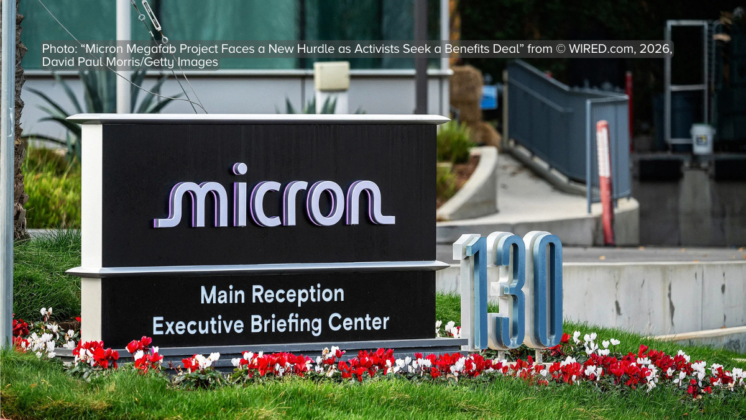Following up on earlier blogs on choosing and selecting a production partner, Sean Ansett describes how Fairphone went about to get a baseline understanding of the conditions at their supplier Changhong in Chongqing, China. Fairphone works with TAOS. Not surprisingly, says Ansett, there are issues to address. In his blog Ansett explains that Fairphone is very much aware that there is no such thing as a “fair factory.” Ansett says, "Fairphone deliberately chose to work in China, knowing it would not be easy, because we are aiming to improve working conditions in a country and in a business environment that present several challenges." Fairphone fans and others gave their comments.

Following up on earlier blogs on choosing and selecting a production partner, Fairphone's Sean Ansett describes how Fairphone went about to get a baseline understanding of the conditions at their supplier Changhong.
Fairphone worked with TAOS, a local Chinese organisation. Read more about TAOS in this guest blog. To determine the conditions at the factory and allow for improvements to take place before Fairphone production started, TAOS carried out a social assessment in August 2013 – a first for the factory in Chongqing. This was based on the Ethical Trading Initiative’s (ETI) Code of Conduct.
During their two-day visit with 3 assessors, TAOS interviewed management as well as production workers. They did a factory walk-through, a document review, including company policies and payrolls, and interviewed workers. These findings have been documented in the TAOS Assessment report. Download the TAOS assessment report here. Following from these results, a set of improvements began to develop including (management) training and an assessment of production processes. These findings are the starting point for collaboration on improvement of conditions.
Not surprisingly there are issues to address. Ansett writes Fairphone is very much aware that there is no such thing as a “fair factory.” Ansett says, "Fairphone deliberately chose to work in China, knowing it would not be easy, because we are aiming to improve working conditions in a country and in a business environment that present several challenges. At the time, our criteria for selection was based on companies sharing our values-based business practices and their willingness to offer transparency in the manufacturing supply chain. Being able to offer a quality smartphone was crucial, as well as their agreement to work with our suppliers and change their normal processes to use conflict-free tin and tantalum.
That said, many of the challenges we face in improving the business practices along the assembly lines are of fundamental and systemic nature, most notably workers’ representation, the right to freely associate, collectively bargain, and issues of wages and overtime. So of course there are issues at the factory.
The findings fall into two broad categories: 1) short-term compliance, and 2) structural implementation. There are certain legal requirements to which the factory should comply according to Chinese law, but we want to achieve structural and sustained implementation for some of these long-term systemic problems. This will take time, training, and hard work from all parties involved."
Click here for the full blog.











